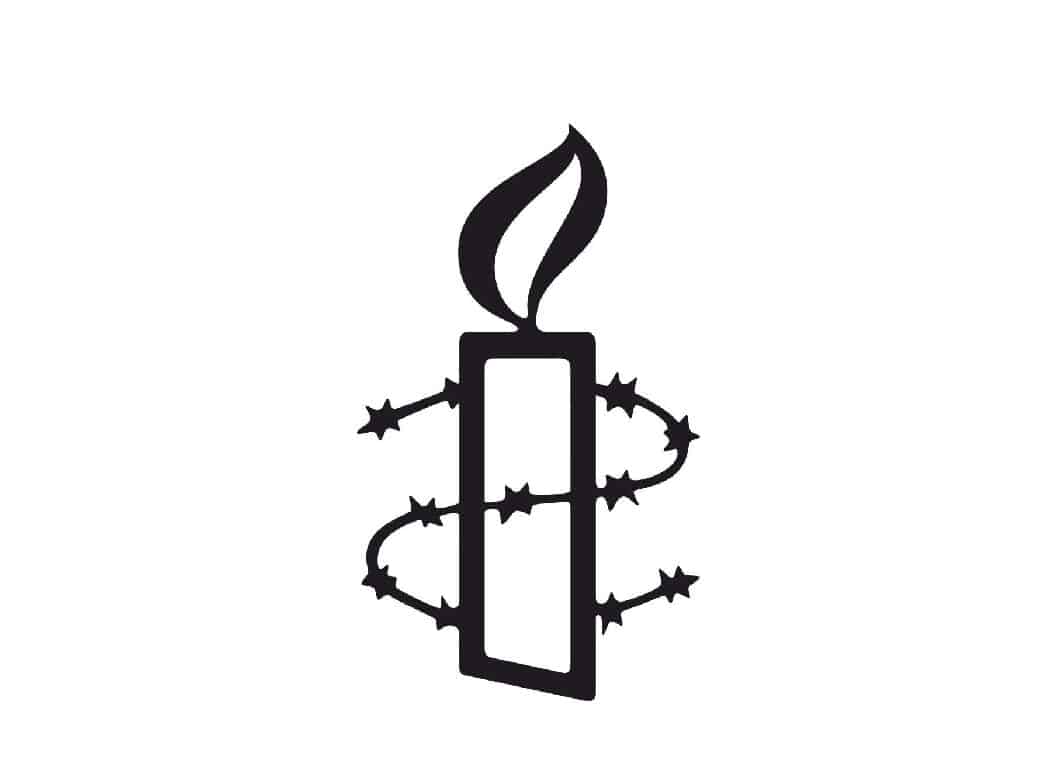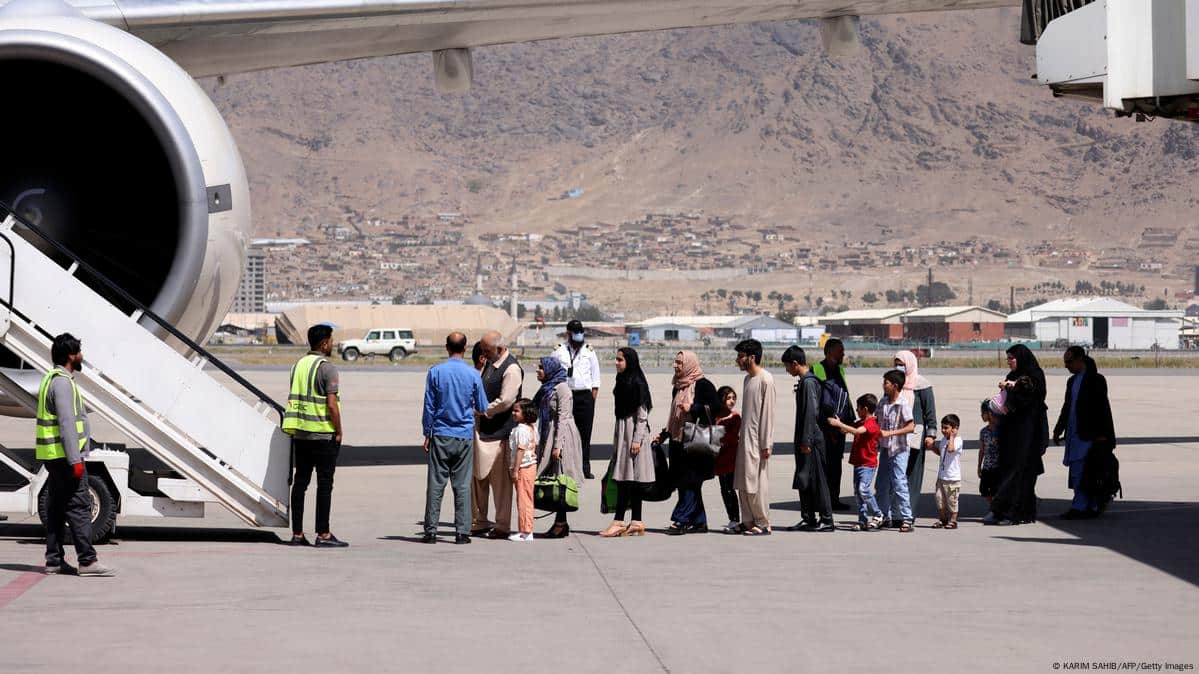
An asylum application based on a religious conversion taking place subsequently to the departure from a person’s country of origin may not be rejected automatically as abuse
دیوان عدلی اروپا اعلام کرد، در صورتی که پناهجویان مذهبشان را پس از فرار تغییر دهند، درخواست پناهندگی شان نباید به صورت خودکار رد شود. این حکم در ارتباط با دوسیه یک پناهجوی ایرانی صادر شده بود که پس از فرار به اتریش به مسیحیت گراییده بود.
یک پناهجوی ایرانی که پس از فرار به اتریش به مذهب مسیحیت گراییده بود، پس از رد دومین درخواست پناهندگی اش به دیوان عدلی اروپا روی آورد.
تغییر مذهب براساس قوانین اتریش فقط در زمانی می تواند دلیلی برای پناهندگی باشد که در وطن اصلی فرد پناهجو رخ داده باشد. اما دیوان عدلی اتحادیه اروپا (EuGH) در لوگزامبورگ با صدور یک حکم در روز پنجشنبه نشان داد که در این زمینه نظر متفاوتی دارد.
براین اساس درخواست پناهندگی در اتحادیه اروپا به دلیل تغییر مذهب، در صورتی که پس از ترک کشور مبدا انجام شده باشد، نمی تواند به صورت خودکار سواستفاده تلقی شده و رد شود.
این حکم در پی شکایت یک پناهجوی ایرانی صادر شد که به اتریش فرار کرده بود و نخستین درخواست پناهندگی اش رد شده بود. او در دومین درخواستش اعلام کرد که دراین میان به مسیحیت گرویده است.
نهادهای دولتی در اتریش اعلام کردند، این را که پناهجوی نامبرده «واقعا به مسیحیت ایمان آورده است» و براساس أصول آن زندگی می کند به رسمیت می شناسند. آن ها این را نیز پذیرفتند که این شهروند ایرانی را در صورت بازگشت به وطن خطر تعقیب تهدید می کند. به این خاطر او در اتریش محافظت فرعی دریافت کرد، اما به حیث پناهجو به رسمیت شناخته نشد. چرا که به گفته مقام های مسئول این مرد خطر تعقیب را پس از ترک کشورش به دست خود ایجاد کرده است.
بنا به حکم دیوان عدلی اروپا که به قوانین اتحادیه اروپا استناد می کند، در چنین مواردی نمی شود به صورت خودکار تصور کرد فرد متقاضی قصد سواستفاده دارد و یا اینکه می خواهد از امکان ارائه درخواست پناهندگی به عنوان وسیله ای (برای رسیدن به اهدافش) استفاده کند. به این خاطر محکمه ها موظف هستند که درخواست های بعدی پناهندگی را هربار به صورت جداگانه مورد بررسی قرار دهند.
در حکم دیوان عدلی اروپا آمده است، وقتی که پناهجو بتواند مانند مورد کنونی به صورت قانع کننده ثابت کند که واقعا به مذهب جدید ایمان دارد و براساس أصول آن زندگی می کند. دراین صورت هیچگونه نیتی برای سواستفاده نمی تواند وجود داشته باشد. در صورتی که فرد متقاضی واجد شرایط لازم باشد، باید به عنوان پناهنده به رسمیت شناخته شود.
An asylum application based on a religious conversion taking place subsequently to the departure from a person’s country of origin may not be rejected automatically as abuse
In a judgement released today in case C-222/22, the Court of Justice of the European Union held that the Qualification Directive does not permit a presumption that any subsequent application based on circumstances which the applicant has created by his or her own decision since leaving the country of origin stems from abusive intent and abuse of the procedure for the grant of international protection. Any subsequent application must be assessed on an individual basis.
The case concerned an Iranian national whose initial application for international protection was dismissed by the Austrian authorities and who lodged a subsequent application for international protection on the ground that he had in the meantime converted to Christianity and, on that ground, feared persecution in his country of origin.
The Austrian authorities granted him subsidiary protection status and a fixed-period residence permit but refused to grant him refugee status. According to Austrian law, the status of refugee can only be recognized following a subsequent application if the new circumstance which the applicant has created by his or her own decision constitutes the expression and continuation of convictions held in the country of origin.
The Court of Justice today in its judgment ruled that Article 5(3) of Directive 2011/95/EU must be interpreted as precluding national legislation which makes the recognition of the status of refugee following a subsequent application based on a risk of persecution arising from circumstances which the applicant has created by his or her own decision since leaving his or her country of origin, subject to the condition that those circumstances must constitute the expression and continuation of convictions held by the applicant in that country.
The Court further noted that Article 5(3) of Directive 2011/95 cannot be interpreted as meaning that it allows the Member States to introduce a legal presumption that any subsequent application based on circumstances which the applicant has created by his or her own decision since leaving the country of origin prima facie stems from abusive intent and abuse of the procedure for the grant of international protection. In this case, the applicant had credibly demonstrated that he had converted to Christianity “out of inner conviction” and actively practiced that faith, which rules out the existence of abusive intent or abuse of the applicable procedure. Therefore, if the other relevant conditions provided by the directive are fulfilled, he must be granted refugee status.
In cases where it is found that there is abusive intent or abuse of the applicable procedure, the Court clarified that Article 5(3) of Directive 2011/95 allows the Member State concerned to provide, in principle, for that applicant not to be granted refugee status, even when the applicant has justified fears of being persecuted in his or her country of origin as a result of circumstances created by his or her own decision. In that case, the applicant can nevertheless benefit, in the Member State concerned, from the rights guaranteed by the Geneva Convention, including the right not to be expelled or returned to the frontiers of territories where his or her life or freedom would be threatened on account of, inter alia, his or her religion.
For further details, please read the judgement of the Court and the press release of 29 February 2024.
Source
- Tags
- Europe



